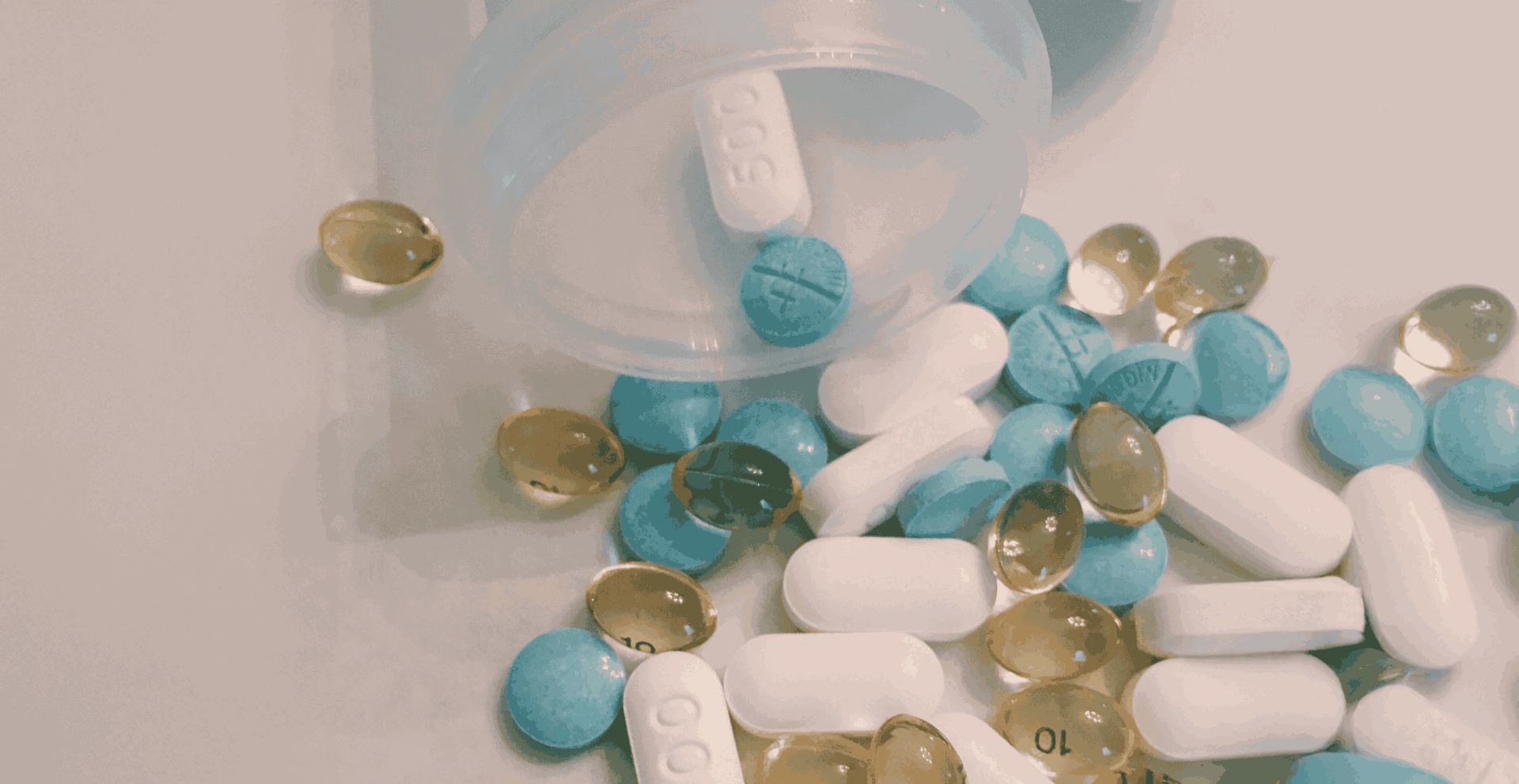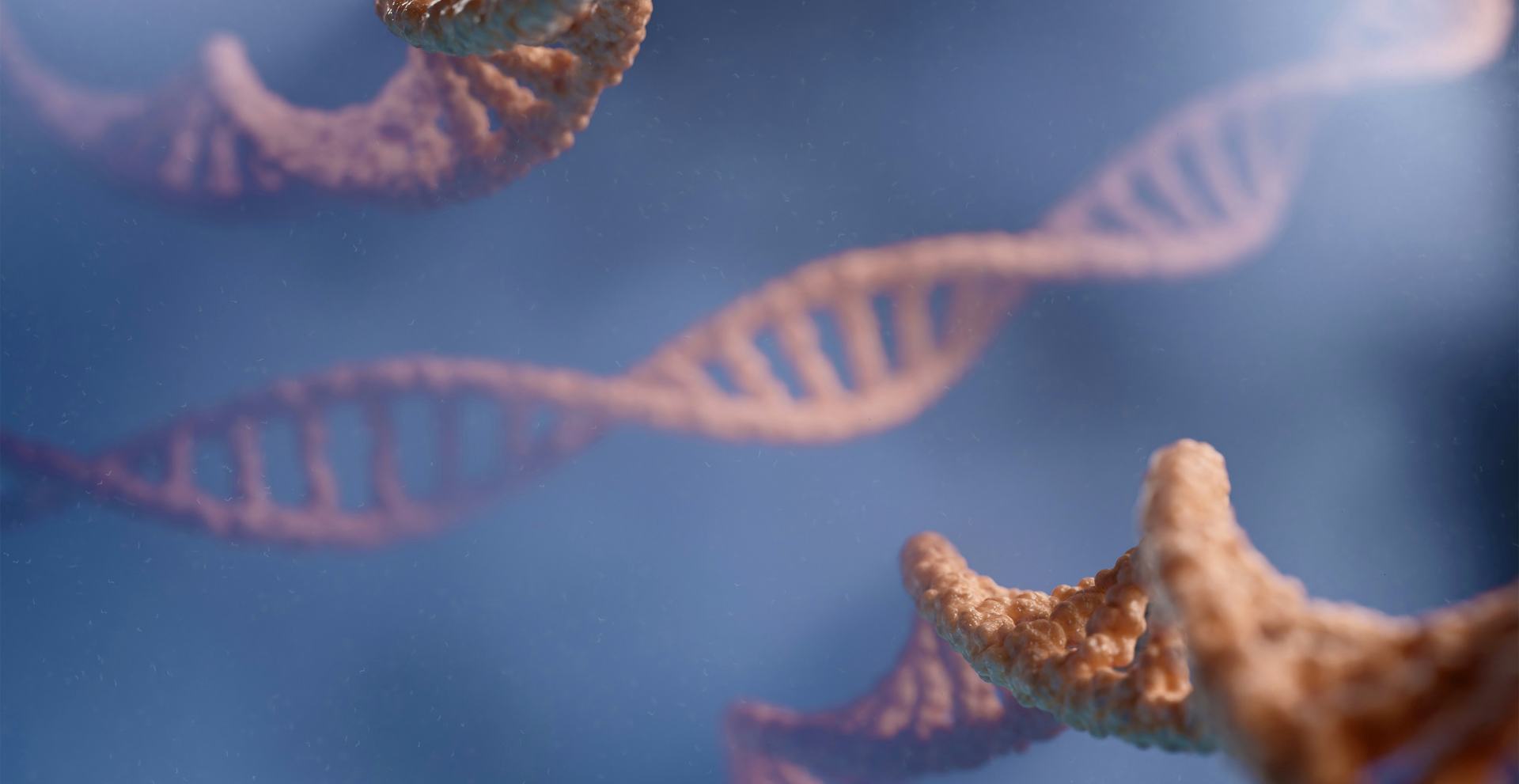TMS vs. Antidepressants
Transcranial Magnetic Stimulation (TMS) is gaining recognition as an innovative treatment for depression and other mental health disorders. If you’re struggling with depression and are unsure about whether standard antidepressants are right for you, this article will help you understand more about TMS as a potential alternative. We’ll compare the effectiveness, safety, and cost of TMS and antidepressants so you can make an informed decision about your care.
What Is TMS?
Transcranial Magnetic Stimulation (TMS) is a non-invasive procedure that uses magnetic pulses to stimulate brain regions associated with mood regulation. The U.S. Food & Drug Administration (FDA) has approved TMS for treating major depressive disorder (MDD), obsessive-compulsive disorder (OCD), and migraines. However, several other psychiatric disorders can benefit from TMS. At Friendswood Psychiatric Clinic, we offer TMS for several indications, but treatments are tailored to the specific needs of our patients.
During a TMS session, a device delivers magnetic pulses to targeted areas of the brain. The treatment is painless, requires
no anesthesia, and is conducted in an outpatient setting. Most patients undergo 20–30 sessions over 4-6 weeks, often experiencing noticeable improvements within the first two weeks.
What Are Antidepressants?
Antidepressants are a widely used treatment for depression. The most common type,
selective serotonin reuptake inhibitors (SSRIs), increase the availability of
serotonin, a chemical messenger–in the brain. Other examples of antidepressants include:
- SNRIs (Serotonin-Norepinephrine Reuptake Inhibitors): Examples include Cymbalta and Effexor, which also target norepinephrine, another chemical messenger that plays a key role in alertness and energy.
- MAOIs (Monoamine Oxidase Inhibitors): Older medications like Nardil also increase serotonin. These are used less frequently due to side effects.
Although antidepressants have been a cornerstone of depression treatment for decades, they don’t work for everyone and can cause side effects that lead some patients to seek alternatives like TMS.
Mechanism of TMS vs. Antidepressants
TMS Mechanism
TMS uses magnetic pulses to increase the activity of brain regions that are underactive in psychiatric disorders, such as the
dorsolateral prefrontal cortex (DLPFC)
in depression.TMS promotes the release of chemical messengers involved in mood and motivation by activating neurons. It also increases measures of
neuroplasticity–the brain’s ability to reorganize itself. Neuroplasticity can help reset dysfunctional nerve circuits and may help people overcome “stuck” patterns of thought and behaviour.
Antidepressants Mechanism
Serotonin plays a key role in mood regulation, and so antidepressant drugs are thought to primarily work by increasing serotonin availability. However, studies suggest they may also be working through neuroplastic mechanisms. Antidepressants increase the production of
brain-derived neurotrophic factors (BDNF), which promotes the growth and survival of nerve cells, as well as neuroplasticity.
How Effective is TMS Compared to Antidepressants?
TMS Effectiveness
Studies show that 50% to 60% of individuals with treatment-resistant depression (TRD) experience significant symptom improvement with TMS. About one-third achieve complete remission, meaning their symptoms disappear entirely.
Antidepressants Effectiveness
While many people benefit from antidepressants, 10–30% of those with depression do not respond adequately, even after trying multiple medications. TMS can be a valuable alternative for these individuals.
Side Effects and Safety of TMS vs. Antidepressants
TMS Safety
TMS is well-tolerated, with minor side effects such as:
- Mild headaches
- Scalp discomfort
- Temporary facial muscle twitching
- Lightheadedness
- Temporary mood changes
More serious risks, such as seizures or hearing loss, are extremely rare. At Friendswood Psychiatry Clinic, we follow strict safety protocols to minimize risks and ensure a comfortable treatment experience.
Antidepressants Safety
Antidepressants can cause various side effects, including:
- Nausea, diarrhea, or constipation
- Weight gain or loss
- Sleep disturbances
- Sexual dysfunction
- Dry mouth
- Fatigue or dizziness
- Anxiety or agitation
- Excessive sweating
Additionally, stopping antidepressants suddenly can lead to
withdrawal symptoms like dizziness, mood swings, and flu-like sensations.
Is TMS More Expensive Than Antidepressants?
TMS Costs
TMS therapy costs between $200 and $400 per session, making a full treatment course a significant investment. However, its benefits can last for months or even a lifetime, making it well worth considering. Additionally, since TMS is FDA-approved for depression, OCD, and migraines, most insurance plans offer coverage for these conditions.
At Friendswood Psychiatry Clinic, we assist patients in navigating insurance and offer flexible payment options to make treatment more accessible.
Antidepressants Costs
Generic antidepressants are typically affordable, while brand-name versions can cost over $200 per month without insurance.
Is TMS Right for You?
Choosing between TMS and antidepressants depends on your individual needs. TMS may be the best option if:
- You’ve tried multiple medications without success.
- You experience intolerable side effects from antidepressants.
- You prefer a non-invasive, drug-free treatment.
- You have no history of seizures or neurological conditions.
Antidepressants may be suitable for those with mild to moderate depression or those seeking an initial treatment option. In some cases, a combination of TMS and medication may yield the best results.
At Friendswood, we provide medication management services, as well as bespoke TMS therapy. We can help you determine which treatment options are best for your needs based on your personal circumstances, history, and medical and psychological needs. If you're interested in exploring more, schedule a consultation with one of our expert staff members today.

HELPFUL LINKS
SCHEDULE A CONSULTATION
It's important to know that you are not alone. You can get help with depression today!
WE SUPPORT MENTAL WELLNESS
- Depression
- Anxiety
- ADHD
- OCD
- Adjustment Disorders
- Life Transitions
- Autism Management
- Binge Eating Disorders
- Smoking Cessation







